18 Books That Will Expand Your Worldview
Books have an uncanny way of expanding our minds, showing us perspectives we might never encounter in our day-to-day lives. The right book can make us rethink everything—from our place in the world to the way we treat each other. Here’s a list of 18 books that challenge, inspire, and enrich the reader with new insights and ideas from every corner of the globe.
1. Sapiens: A Brief History of Humankind by Yuval Noah Harari

Harari takes us on a journey through the history of our species, exploring how Homo sapiens rose to dominate Earth. This book unearths surprising truths about how we evolved, formed societies, and created the modern world, making readers question not just where we’ve come from but where we’re headed.
2. The Dispossessed by Ursula K. Le Guin
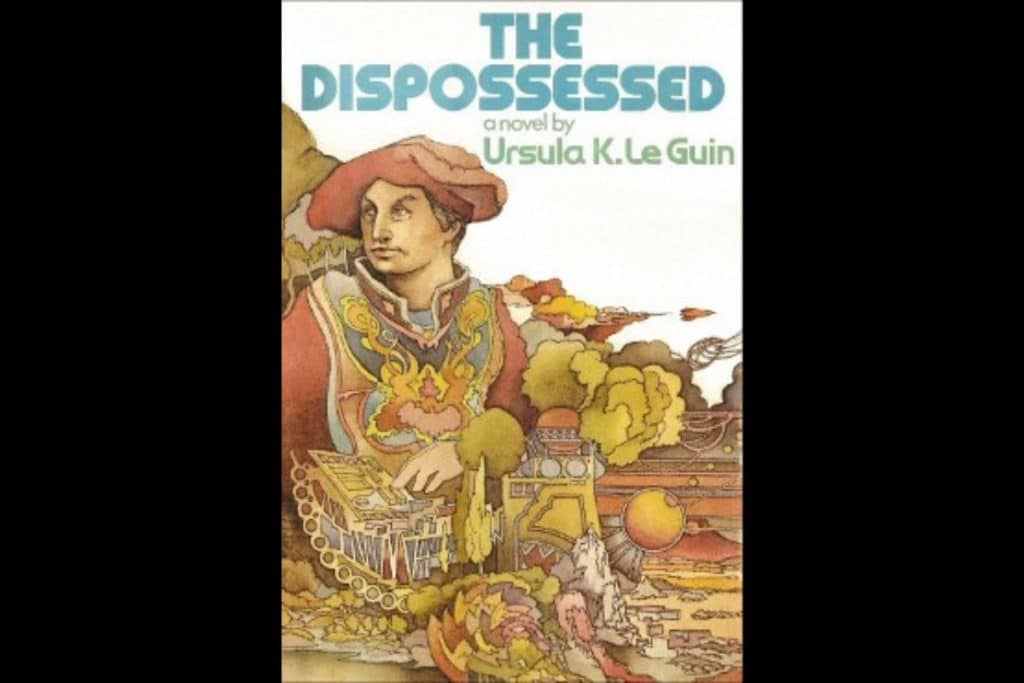
Set on twin planets with vastly different societies—one capitalist, one anarchist—this novel explores the complexities of utopian and dystopian ideals. Le Guin’s story prompts readers to reflect on societal values, freedom, and what it truly means to be free.
3. Things Fall Apart by Chinua Achebe
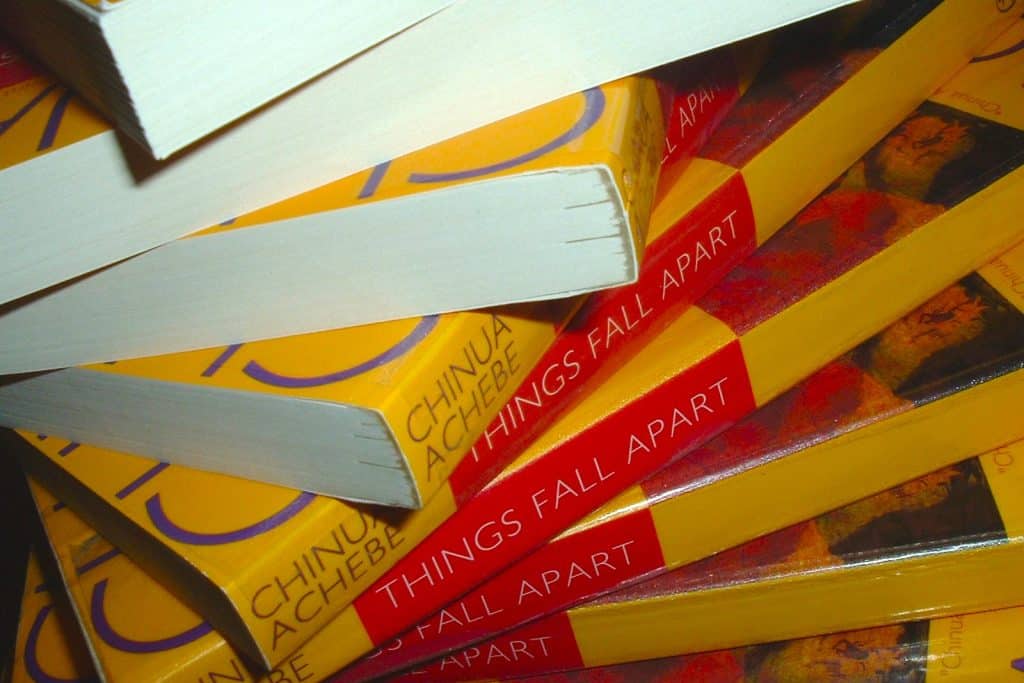
Achebe’s novel delves into the impacts of colonialism on a Nigerian village, following Okonkwo, a proud Igbo warrior, as he struggles with forces that threaten his traditional way of life. It’s a powerful reminder of the human cost of cultural imperialism and offers a perspective rarely found in Western literature.
4. A People’s History of the United States by Howard Zinn
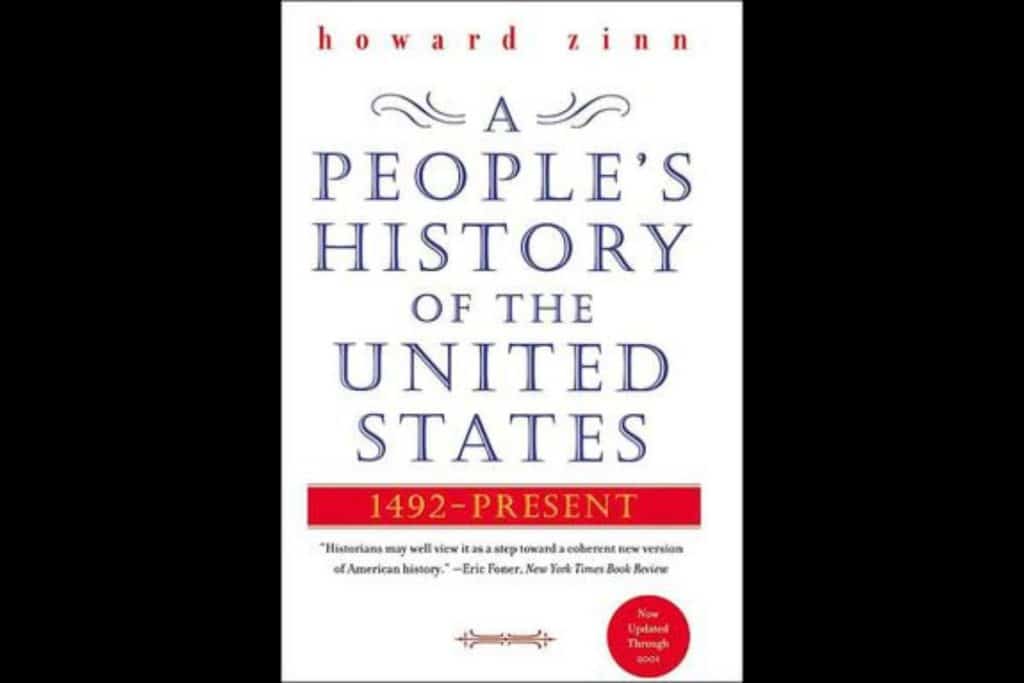
Zinn’s work offers an alternative view of American history, spotlighting the experiences of the marginalized rather than the celebrated figures often found in textbooks. This eye-opening narrative can shift readers’ understanding of historical events and inspire them to think critically about history.
Follow us for more of these articles.
5. Guns, Germs, and Steel: The Fates of Human Societies by Jared Diamond
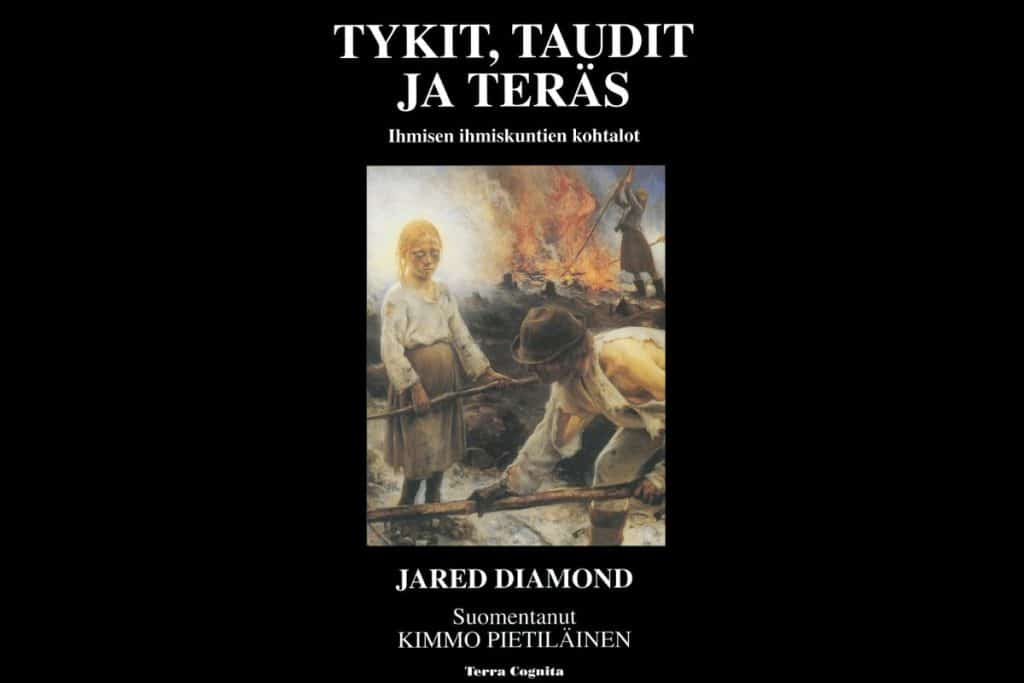
Diamond’s exploration of why certain societies thrived while others didn’t offers insight into how geography, disease, and resources shaped the world. His approach connects science, history, and anthropology, making readers reconsider assumptions about “progress” and societal success.
6. Pedagogy of the Oppressed by Paulo Freire
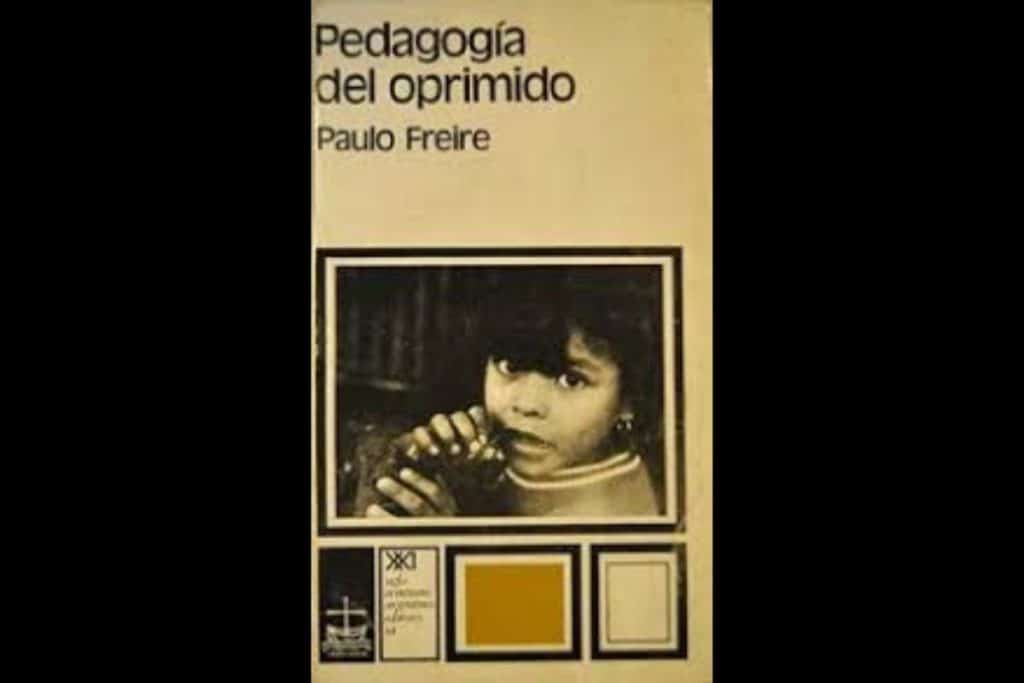
Freire’s influential book on education encourages a learning environment based on dialogue and critical thinking rather than rote memorization. It’s a compelling call for empowerment and equality, challenging readers to reflect on education as a path to freedom.
Follow us for more of these articles.
7. Invisible Man by Ralph Ellison

Ellison’s novel tackles race, identity, and social injustice through the journey of an unnamed Black man navigating life in a prejudiced society. This powerful work asks readers to consider the invisibility that marginalized individuals often face and the impacts of systemic racism.
8. The Art of Happiness by His Holiness the Dalai Lama and Howard Cutler
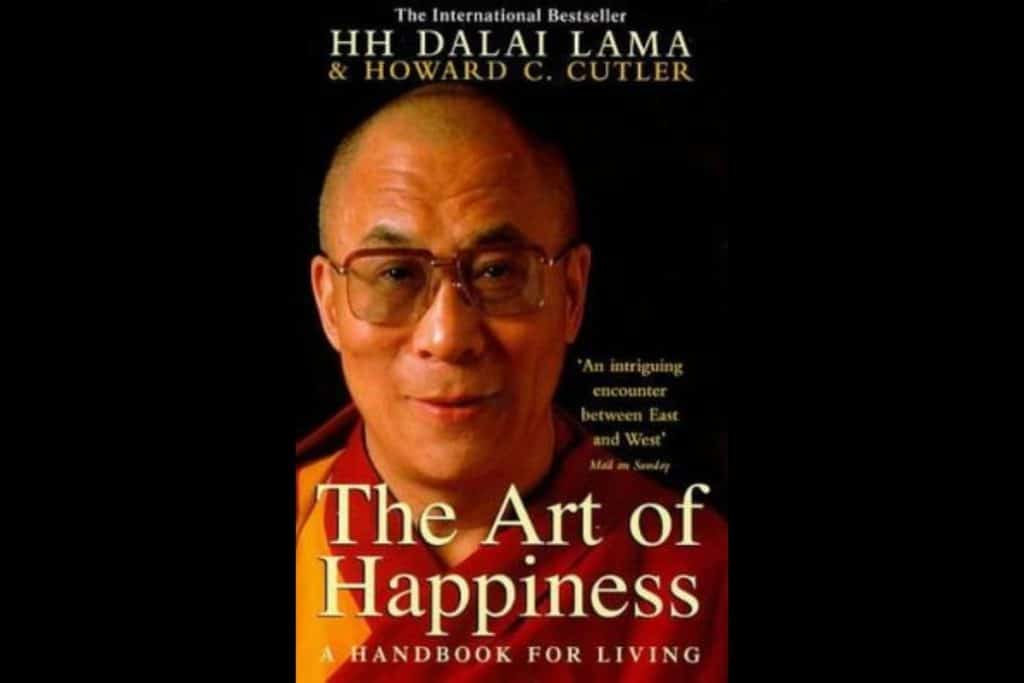
Combining psychology with Buddhist principles, this book provides insights into achieving inner peace and understanding what it means to lead a truly fulfilled life. It expands the reader’s understanding of happiness beyond Western material pursuits.
Follow us for more of these articles.
9. Half the Sky: Turning Oppression into Opportunity for Women Worldwide by Nicholas D. Kristof and Sheryl WuDunn

This impactful book sheds light on the struggles women face around the world, from trafficking to lack of education. It’s not just an eye-opener on global gender inequalities; it also emphasizes the strength, resilience, and potential for change women everywhere hold.
10. A Long Walk to Freedom by Nelson Mandela

Mandela’s autobiography takes readers on his journey from rural South Africa to his role in dismantling apartheid. It’s an inspiring story of resilience, sacrifice, and the fight for justice that offers valuable insights into leadership and forgiveness.
Follow us for more of these articles.
11. The Tao of Physics by Fritjof Capra
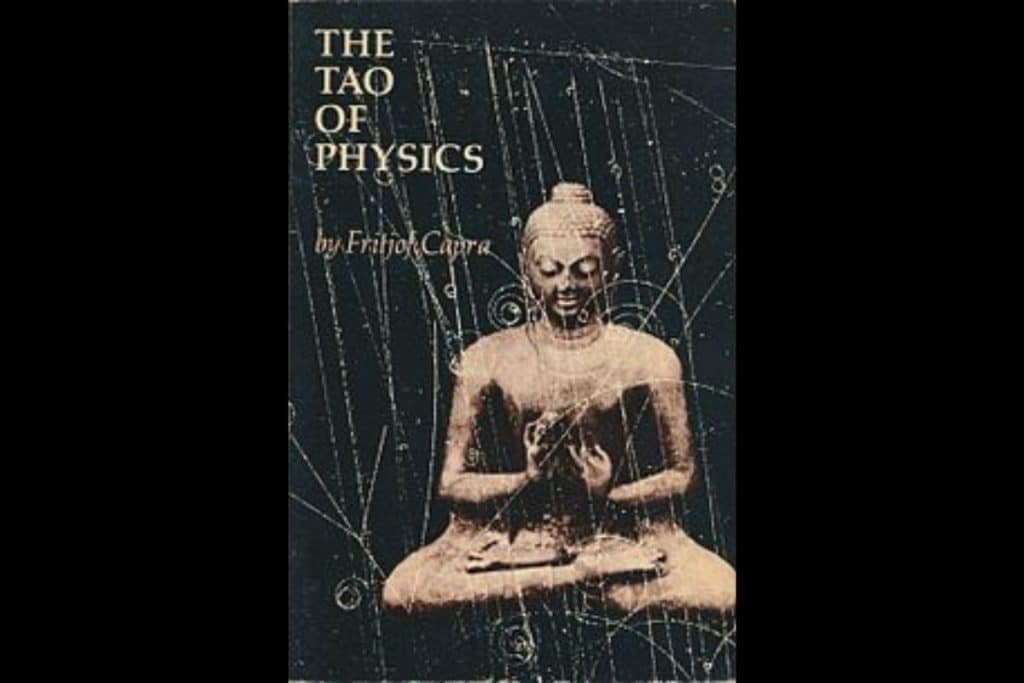
This fascinating book explores the parallels between modern physics and Eastern mysticism, merging science and spirituality in a way that challenges conventional boundaries. Readers are encouraged to consider how interconnected the universe truly is.
12. The Alchemist by Paulo Coelho

This allegorical novel follows Santiago, a shepherd who embarks on a journey to find treasure. Along the way, he learns about destiny, courage, and the value of dreams. It’s a profound exploration of personal growth, inspiring readers to reflect on their own life paths.
Follow us for more of these articles.
13. Cry, the Beloved Country by Alan Paton
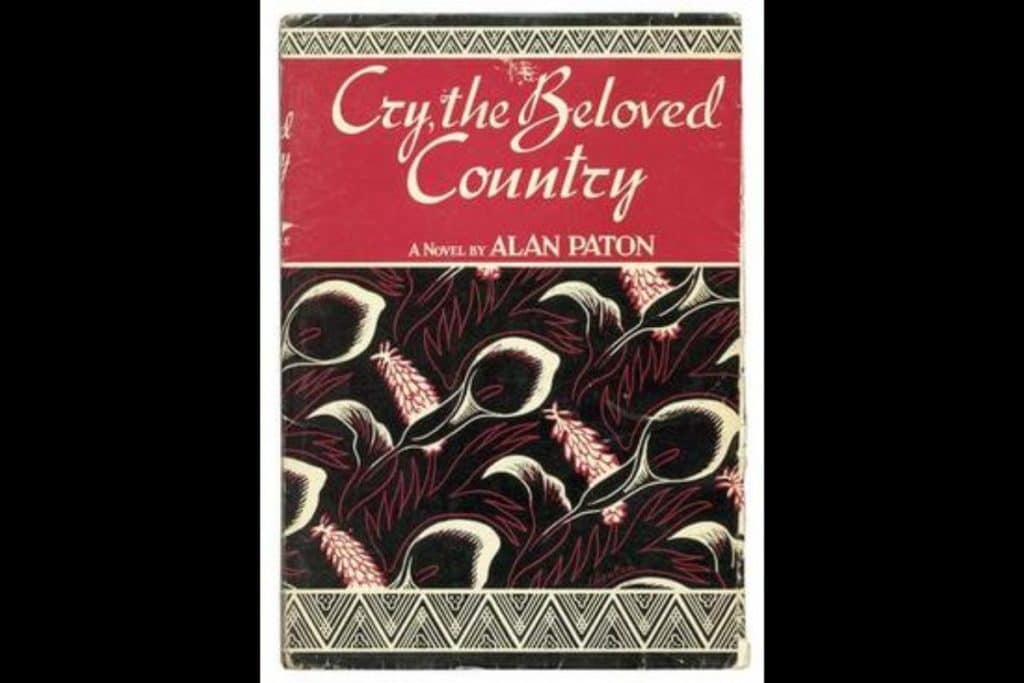
Set in apartheid South Africa, Paton’s novel examines the struggles of a country divided by race and inequality. Through its emotionally charged story, readers gain insight into the effects of prejudice and the power of compassion.
14. Why We Sleep: Unlocking the Power of Sleep and Dreams by Matthew Walker

Walker’s examination of sleep is an enlightening exploration of how sleep impacts our lives, from health to cognitive function. This book urges readers to rethink their daily habits and priorities, highlighting sleep as essential to well-being.
Follow us for more of these articles.
15. Between the World and Me by Ta-Nehisi Coates

Coates’ letter to his son on the realities of being Black in America is an intimate, thought-provoking look at race, privilege, and the American Dream. His insights encourage readers to confront uncomfortable truths and examine their own perceptions of identity.
16. On the Origin of Species by Charles Darwin
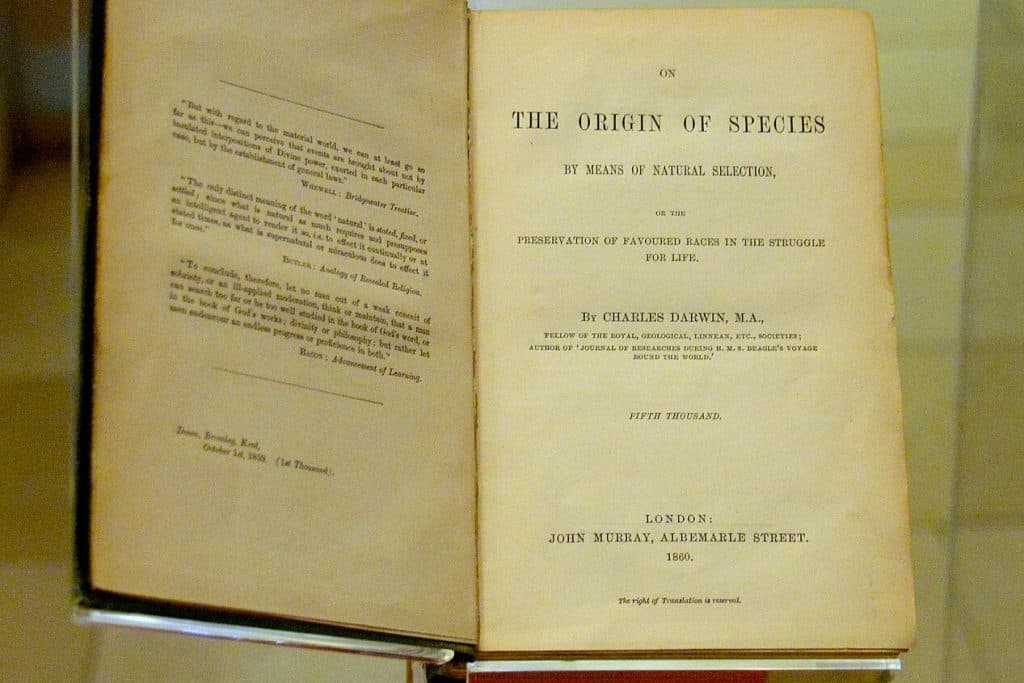
Darwin’s groundbreaking work on natural selection fundamentally changed the way we understand biology and our place in the natural world. This classic is a deep dive into the evolutionary processes that continue to shape life today, reminding readers of our interconnectedness with all species.
Follow us for more of these articles.
17. Educated by Tara Westover

Westover’s memoir of growing up in a survivalist family in rural Idaho and eventually earning a PhD from Cambridge University is both shocking and inspiring. It sheds light on the power of education and the resilience needed to break free from limiting beliefs and circumstances.
18. The God of Small Things by Arundhati Roy

Set in India, this beautifully written novel explores complex family dynamics, caste, and forbidden love. Roy’s storytelling immerses readers in a vivid cultural landscape while tackling universal themes of love, loss, and the impact of societal expectations.
Like our content? Be sure to follow us!






